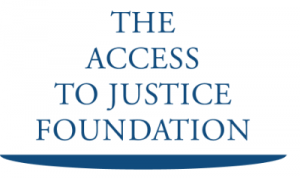2024 March Justice and Innovation Group Meeting
This session focused on the opportunities, limitations, and models of dispute resolution including some demonstrations and presentations of new tools and opportunities from the Employment Legal Advice Network (ELAN), the Centre for Effective Dispute Resolution (CEDR), Portable and Shake dispute resolution platform.
In addition to this focus, the session showcased a range of new initiatives as well as updates on previously demonstrated tools. It included presentations from FrameWorks UK on their Reframing Justice Project and the Ministry of Justice on the Online Procedure Rule Committee.
Key learnings include:
- There is a complex, non-linear nature of the end-to-end user journey within civil court, family court, and tribunals.
- Key challenges in dispute resolution services include terminology, the confidence of users in navigating the system, and the lack of legal support and advice to support users.
- Some benefits of dispute resolution include the cost effective nature of the process, the reduction of court costs, and the increased accessibility for some users.
- Dispute resolution services can be made more effective through better integration, increased use of technology, access to early legal advice, and protection for vulnerable parties going through the process.
- The lack of state funding for user centred design and development of dispute resolution solutions is driving public/private partnerships.
